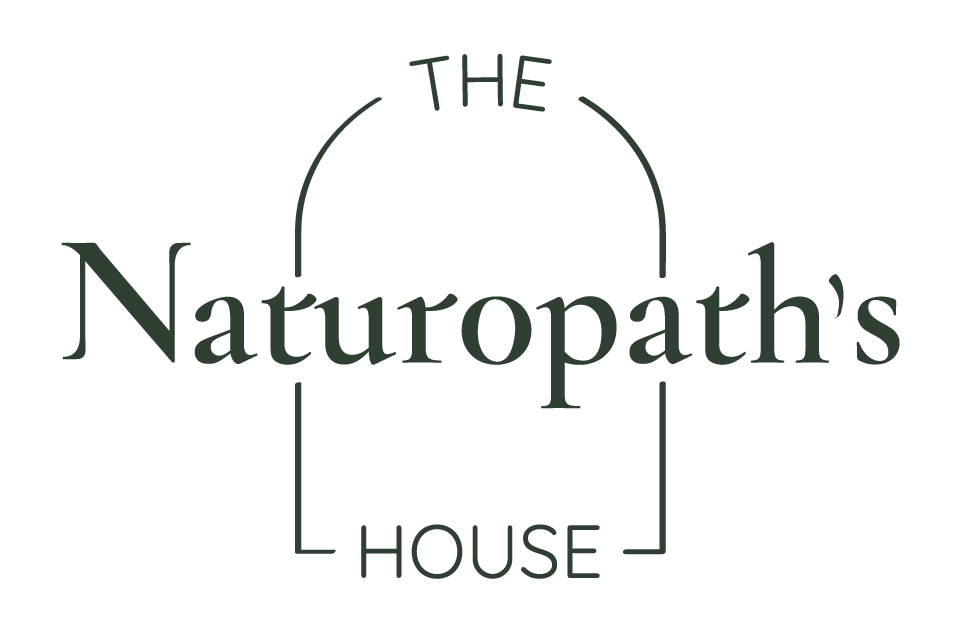
As a species, we are neurodiverse, meaning multiple neurocognitive styles are represented. There is a wide range of ways that people perceive, interact, and respond to the world, and there is no ‘correct’ or ‘incorrect’ way to do so.
As Nick Walk, PhD, so perfectly states, “…neurodivergence is not intrinsically positive or negative, desirable or undesirable – it all depends on what sort of neurodivergence one is talking about.”
This article will focus primarily on the diagnosis of Autism, although much is still relevant to other forms of neurodivergence.
Some gifts possessed by many individuals on the spectrum include attention to detail, memory, recall, and pattern recognition – just to name a few.
This, however, is not to undermine the struggles some individuals and family members may experience daily, with difficulties in social communication, social interaction, repetitive behaviours and restricted interests and more, frequently observed.
If you or your child has recently received a diagnosis, it can feel a little overwhelming to decipher the best ways to support yourself or your loved one.
Through a naturopathic lens, specific areas of focus include:
- Gut Health: It is crucial to rebalance gut flora, as the overgrowth of abnormal intestinal organisms is commonly observed in individuals with ASD.
- Nutritional Deficiencies: Identifying and correcting nutritional deficiencies is essential, as these deficiencies often contribute to broader health imbalances.
- Exposure to Toxic Elements: It is important to review and mitigate any recent or ongoing exposures to toxic elements. This is particularly vital because detoxification processes in individuals with ASD are frequently compromised.
- Oxidative Stress: Supporting cellular and mitochondrial health is necessary, given that individuals with ASD often have lower antioxidant capacity, which has been identified as a potential mechanistic characteristic of the disorder.
- Inflammation: Reducing excess inflammation throughout the body is another critical focus, as increased inflammation has been identified as another possible mechanistic characteristic of ASD.
ASD is a wide spectrum, multifactorial by nature, and when it comes to a wellness plan, there is no one-size-fits-all.
And it is in these exact scenarios that natural medicine has much to offer – holistic, integrative and client-centred.

